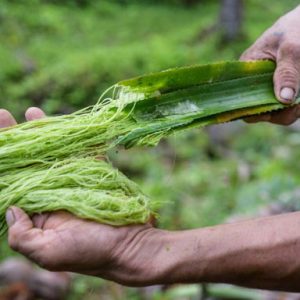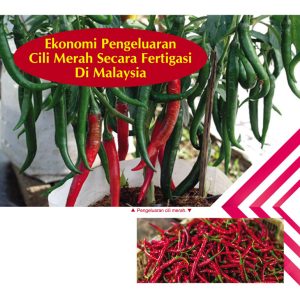In the fast-evolving world of food technology, artificial plant-based meat is no longer a futuristic concept — it’s a market reality reshaping how consumers think about protein. From fast-food giants introducing meatless burgers to startups creating lab-grown chicken analogues, the sector is booming with innovation. For farmers, investors, and agribusiness players, this shift offers both challenges and golden opportunities.
The global demand for alternative protein is surging, driven by health, sustainability, and ethical considerations. Consumers are becoming increasingly aware of the environmental footprint of traditional livestock farming — methane emissions, land degradation, and heavy water use are pushing many toward greener choices. According to market analysts, the plant-based meat sector is projected to exceed USD 20 billion by 2030, growing at double-digit rates annually. This signals a promising niche for those willing to adapt early.
At the heart of plant-based meat is agriculture itself. The raw materials — soybeans, peas, chickpeas, mung beans, and even jackfruit — are all farm-grown. This creates new demand channels for crops traditionally used in feed or export. For example, yellow peas are now a key ingredient in many leading meat substitutes because of their neutral flavor and high protein yield. Farmers who pivot toward these specialty crops could tap into premium contracts and long-term sustainability programs.
However, success in this sector goes beyond growing raw materials. The innovation lies in processing and formulation. Food tech companies use extrusion, fermentation, and molecular mapping to mimic the texture, flavor, and juiciness of real meat. This value-adding process transforms ordinary crops into high-margin protein products, often selling at prices several times higher than traditional meat. For agribusiness investors, vertical integration — from crop cultivation to ingredient processing and branded retail — represents a compelling model.
Sustainability is the movement’s strongest selling point. Producing plant-based meat requires up to 90% less land and water and emits up to 80% fewer greenhouse gases compared to beef production. In regions facing climate stress or declining arable land, this efficiency could redefine agricultural strategies. Governments, too, are starting to take notice: several countries are offering grants and tax incentives to support alternative protein innovation.
Yet, the journey isn’t without hurdles. Consumer acceptance remains uneven, especially in markets where meat culture runs deep. Taste, texture, and nutritional balance are still areas for improvement. Additionally, production costs — particularly for advanced protein isolates — can be high without economies of scale. But as technology matures and public interest grows, these barriers are expected to shrink.
For farmers and agripreneurs, the takeaway is clear: plant-based meat is not a threat to traditional agriculture — it’s an extension of it. It represents a natural evolution toward more efficient, diversified, and sustainable food systems. Those who recognize and invest in this trend early — whether through growing the right crops, forming partnerships with food tech firms, or venturing into processing — stand to benefit from the next wave of agricultural transformation.
The plant-based revolution has only just begun. The question is not if it will shape the future of food, but how fast and who will lead the way.
Source: Professional Platform
Note: For Reference Only































